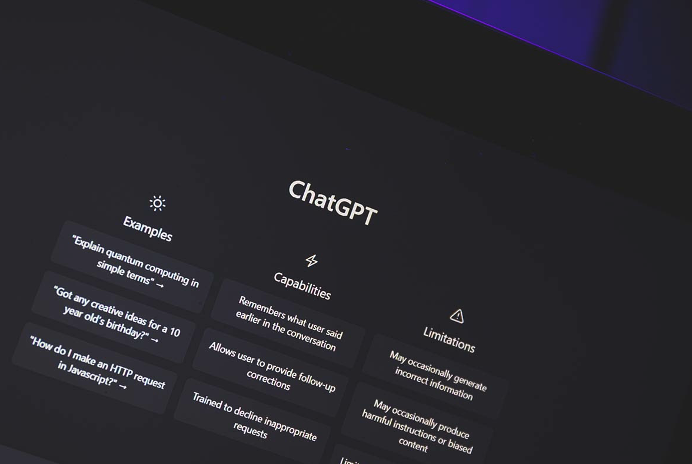Journalism faces a serious risk of gridlock due to its increasing reliance on AI from tech, report warns.
Source: Journalism Lab, Luca de Tena Foundation.
Journalism is facing an inflection point, marked by the growing risk of falling into a "lock-in" effect due to its dependence on artificial intelligence (AI) provided by large technology companies.
This phenomenon could seriously compromise the autonomy and sustainability of news organizations, pushing them towards greater alignment with the logics of the technology sector and platform companies. So warns the Tow Center's new report, "Artificial Intelligence in the News: How AI Retools, Rationalizes, and Reshapes Journalism and the Public Arena, " by Felix M. Simon , which delves into the complex relationships between journalism and AI.
According to the report, this reliance not only increases the platforms' control over journalism, but also raises concerns about the lack of transparency and potential biases in AI systems.
Such risks are especially critical at a time when accuracy and fairness are fundamental to news credibility. The research highlights how reliance on "off-the-shelf" AI solutions from large tech giants can limit innovation within news organizations and make them vulnerable to changes in policy, pricing or even discontinuation of services essential to news production.
The study also reveals that while AI offers promises of greater efficiency and productivity, these benefits are task- and context-specific. Factors such as the reliability of AI outputs, fear of reputational damage from inaccurate AI outputs, and the difficulty of automating certain critical journalistic tasks can significantly mitigate potential efficiency gains. AI, therefore, is not a universal solution to the challenges facing journalism today.
Moreover, the Tow Center report indicates that implementation of AI in journalism is not only motivated by the quest for efficiency. News organizations are also adopting AI driven by recent technological advances, market pressures stemming from financial challenges, competitive dynamics focused on innovation, and an environment saturated with uncertainty, expectation and hope around AI.
The research highlights that, while AI may offer some improvements in terms of efficiency and productivity, these benefits are task- and context-specific. "The effects of AI on news and the public realm will be largely determined by the decisions news organizations and managers make about when, where, and how the technology is used," the study argues.






